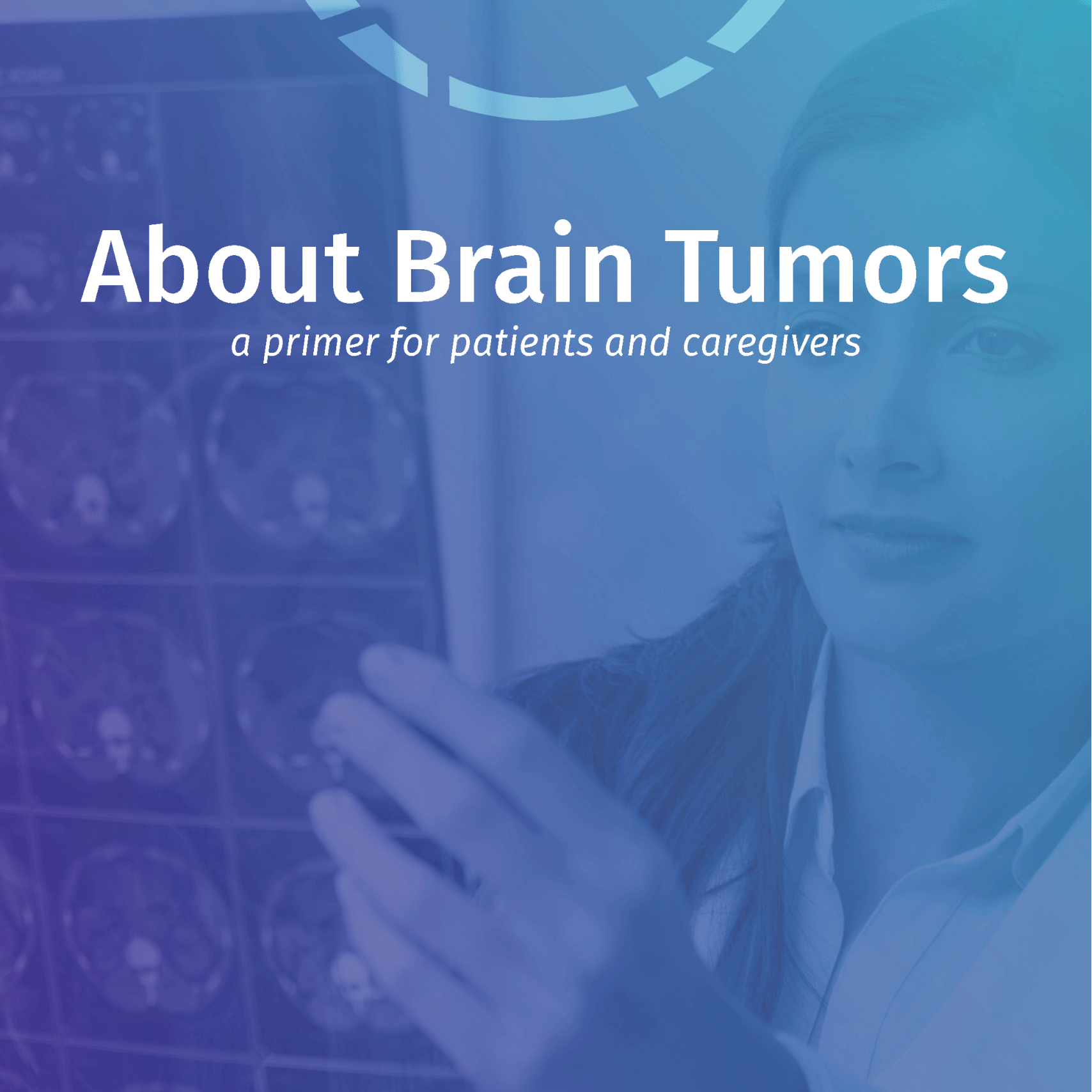On International Day of Women and Girls in Science and in recognition of Rare Disease Day, we celebrate Dr. Priscilla Brastianos, a leader in neuro-oncology whose groundbreaking research on rare brain tumors is transforming patient care. As a physician-scientist, Dr. Brastianos has navigated the challenges of being a woman in a traditionally male-dominated field while making significant contributions to the understanding and treatment of craniopharyngioma, a rare, benign tumor that typically forms near the pituitary gland and hypothalamus.
Breaking Barriers in Science
As a woman in a historically male-dominated field, Dr. Brastianos has often found herself as one of the few women in the room during key scientific discussions and leadership meetings. Rather than letting these challenges hinder her progress, she has used them as motivation to push forward—not just for herself, but for the next generation of women in science. She credits a strong network of mentors and collaborators for helping her overcome obstacles and has made it a priority to mentor young women in the field.
“Science thrives on diverse perspectives,” she says. “Amplifying the voices of underrepresented groups ultimately strengthens our ability to make groundbreaking discoveries.” By focusing on her mission—advancing research on brain metastases and primary brain tumors—she has transformed adversity into opportunity and helped pave the way for more women in neuro-oncology.
“Ultimately, progress in science, just like in equity, is about persistence. I am proud to be part of a growing movement where more women are shaping the future of neuro-oncology, and I remain committed to ensuring that the next generation has even greater opportunities to lead and innovate.”
– Dr. Priscilla Brastianos
To young women considering a career in neuro-oncology or other STEM fields, Dr. Brastianos offers words of encouragement: “It is an incredibly exciting time to be in medical research! Tremendous strides have been made, but there is still so much work to be done. If you have a passion for discovery and making a meaningful impact, embrace this path.”
She emphasizes the importance of mentorship, collaboration, resilience, and pushing forward in their scientific endeavors. “Know that challenges will come, but so will incredible opportunities to contribute to something larger than yourself. Seek mentors, build strong collaborations, and never be afraid to take your seat at the table. Your voice, your ideas, and your contributions matter.”
Advancing Research on Rare Brain Tumors
Dr. Brastianos has dedicated much of her research to understudied and underfunded areas of cancer research. One of her most significant breakthroughs was the discovery that 95% of papillary craniopharyngiomas harbor activating BRAF mutations— a gene that produces a protein that controls cell growth and division and is often mutated in melanoma and other cancers. This discovery, which included support from the American Brain Tumor Association, opened the door to targeted therapies that have since shown remarkable success in treating patients with these rare brain tumors.
One such case involved a patient whose tumor had recurred multiple times after surgery. When Dr. Brastianos and her team identified the presence of a BRAF mutation, they initiated targeted therapy. The result? His tumor disappeared.
“Seeing a patient directly benefit from a discovery made in our lab was one of the most gratifying moments of my career,” she says.
– Dr. Priscilla Brastianos
Building on this breakthrough, Dr. Brastianos launched a National Cancer Institute-sponsored clinical trial, which demonstrated that targeted therapy could lead to tumor regression in all participating patients. Her work not only validated the potential of precision medicine in rare brain tumors but also set the stage for future biomarker-driven therapies in neuro-oncology. See Dr. Brastianos and team’s results of a phase 2 clinical trial evaluating BRAF-MEK inhibition in newly diagnosed papillary craniopharyngiomas here.
Craniopharyngiomas present a particularly challenging treatment landscape due to their location near critical brain structures. Traditional treatments such as surgery and radiation can lead to significant complications, including vision loss and endocrine dysfunction. However, Dr. Brastianos’ research suggests that a less invasive approach—biopsy followed by targeted therapy—could be a safer and superior option. “Ultimately, our goal is to provide less toxic, more effective treatment options for patients with craniopharyngiomas,” she explains. “We hope this research serves as a foundation for future biomarker-driven therapies, not only in rare brain tumors but across neuro-oncology as a whole.”
Guidance for Patients with Rare Brain Tumors
For patients diagnosed with rare brain tumors like craniopharyngiomas, Dr. Brastianos offers practical advice:
- Seek Care at a Specialized Center – Access to a multidisciplinary team at a major brain tumor center can provide the most advanced treatment options.
- Stay Informed – Follow reliable sources such as the American Brain Tumor Association and the National Cancer Institute for updates on emerging research and news.
- Consider Clinical Trials – New therapies are being explored, and clinical trials can offer innovative treatment options.
- Advocate for Yourself – Stay involved in treatment decisions, ask questions, and seek second opinions when necessary.
- Connect with Support Networks – Engaging with advocacy groups and patient communities can provide valuable support and resources. Click here to learn more about ABTA’s Connections Community, an online support and discussion community.
- Prioritize Mental and Emotional Well-Neing – Managing emotional health is just as crucial as medical treatment, and seeking support from counselors or patient groups can be beneficial.
Looking Ahead
Dr. Brastianos’ contributions to brain tumor research continue to shape the field of neuro-oncology. Her commitment to mentorship, advocacy for women in science, and groundbreaking discoveries in rare brain tumors exemplify the power of perseverance and innovation. Her work serves as an inspiration for future generations of scientists and clinicians dedicated to transforming lives through research. To learn more about ABTA-funded research, visit our research funding page.






























